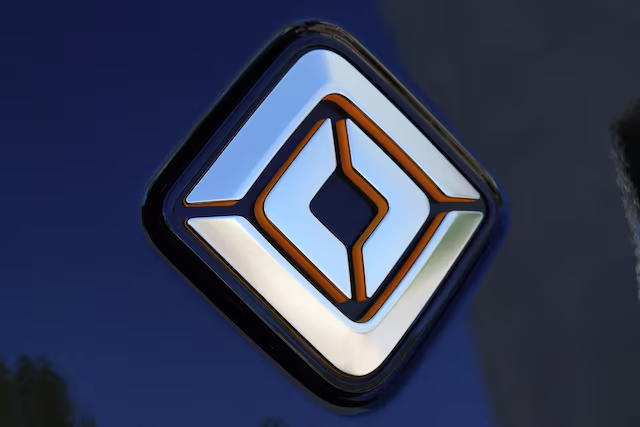Rivian has announced a $120 million investment to develop a new supplier park adjacent to its manufacturing facility in Normal, Illinois, as the electric vehicle maker prepares to launch production of its more affordable R2 SUV lineup in 2026. The move reflects Rivian’s strategy to optimize its supply chain and cut costs by reducing shipping distances, logistics complexities, and warehousing needs. The company confirmed that the initiative would generate hundreds of jobs over the next two years, including approximately 100 positions within Rivian itself.
The new supplier park, currently under construction, will host several Rivian suppliers that will manufacture and assemble key components on-site. These parts will then be organized and sequenced by Rivian employees before being transferred directly to the main plant via an underground tunnel system. According to CEO RJ Scaringe, the supplier park is expected to play a critical role in increasing production capacity at the Illinois facility once the company begins building the R2 model alongside its current R1S SUV, R1T pickup, and commercial van offerings.
The decision to accelerate R2 production in Illinois comes after Rivian paused construction on a planned new factory in Georgia. That site was originally intended to produce R2 and the upcoming R3 crossover models but will now come into operation later, with vehicle production scheduled to begin in 2028. The shift is part of a broader effort by Rivian to preserve cash and ensure a faster go-to-market strategy for the R2, which is considered vital to the company’s long-term success in a more competitive and slowing electric vehicle market.
Rivian, which reported a 36% decline in first-quarter deliveries in April, has acknowledged that 2024 will be a slower year in terms of output, citing reduced demand and disruptions such as the recent fires in Los Angeles. CFO Claire McDonough previously warned that vehicle deliveries would be impacted throughout the year. Meanwhile, Rivian continues to navigate broader challenges affecting the auto industry, particularly those tied to trade policy. Although Rivian manufactures its vehicles domestically, it still relies heavily on imported components. The recent tariff measures introduced by former President Donald Trump have added uncertainty to the sector, though recent executive orders offering credits and relief on materials may provide some buffer. Rivian is expected to report its quarterly earnings on Tuesday.
READ MORE:
